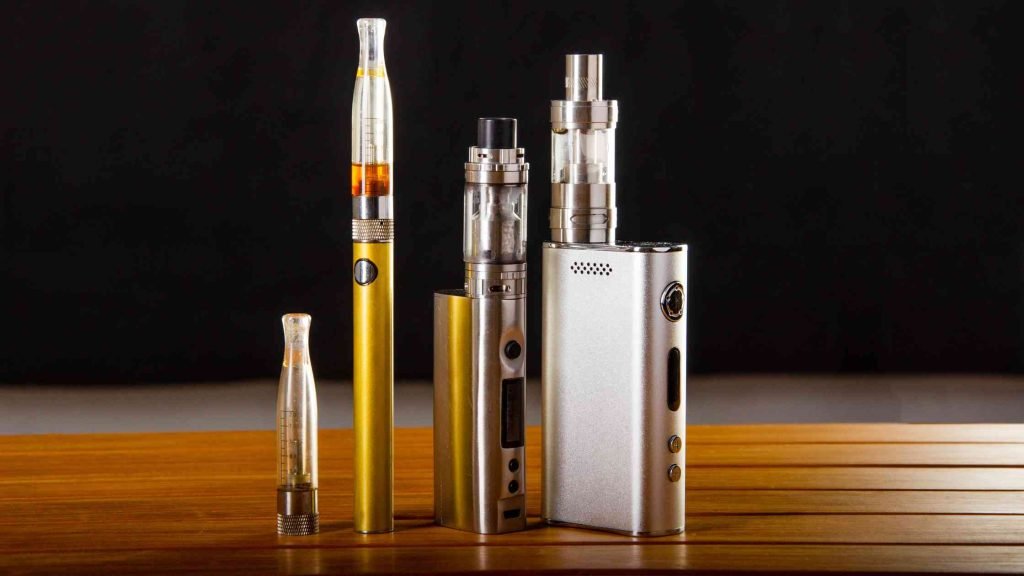How AI is Revolutionizing Everyday Life in 2025

Artificial Intelligence (AI) is no longer the futuristic concept depicted in sci-fi movies. It’s here, and in 2025, it has become an integral part of everyday life, reshaping how we work, communicate, and even relax. From creating music to assisting in programming, AI has proven itself to be a powerful tool across industries. Even in consumer-focused sectors, such as vaping, AI is contributing to advances in personalized products like the Raz Vape, which caters to individual preferences. Here’s an in-depth look at how AI is making waves in our daily lives and reshaping industries around the globe.
AI Tools for Better Productivity
The rise of AI has introduced tools that simplify and enhance productivity for professionals. One of the more groundbreaking applications is AI code assistants. Tools like GitHub Copilot have made coding more accessible by suggesting lines of code, diagnosing bugs, and even helping beginners understand complex programming constructs. This has allowed software developers to complete projects faster and more efficiently.
But that’s not all. AI-powered writing tools have transformed blogging and content creation. For instance, blogging has shifted away from purely manual processes. AI platforms now generate content outlines, edit drafts, and optimize articles for search engines. While some feared this technology would replace human bloggers, it has instead become a supporter, enhancing creativity by relieving writers of mundane tasks.
Take, for example, a lifestyle blogger interested in reviewing the Raz Vape. Using an AI-powered blogging tool, they can quickly create engaging content, highlight the premium features of the vape, and focus on sharing their unique take, supported by automated editing and SEO optimization.
AI for Communication and Collaboration
The way we collaborate at work has also undergone a massive transformation. With tools like AI transcription software, meetings can now be documented in real time, and actionable insights can be extracted immediately. This is particularly useful for industries like media, healthcare, and law, where accurate records are critical.
On a personal level, AI translates languages in real-time, breaking down barriers between people from all over the globe. Devices with integrated AI help users compose emails, manage schedules, and even determine the best times to interact with others based on shared calendars.
This seamless collaboration is unlocking new opportunities in every industry, from tech developers to creative fields like music production. For instance, AI vocal removers are being used extensively by musicians to isolate tracks and innovate with remixes, embodying how AI impacts even niche markets.
AI in Consumer Experiences
2025 is the year where personalization in consumer products is no longer a luxury but an expectation, thanks to data-driven AI algorithms. Have you noticed how tailored your recommendations are on streaming platforms or shopping websites? That level of customization has now expanded into more tangible products, such as vaping.
Take the Raz Vape, which uses AI-driven personalization to cater to vaping enthusiasts. AI-backed research identifies popular flavor trends, customer preferences, and even regional differences to design vapes that deliver more enjoyable experiences. The Raz Vape is a prime example of how technology isn’t just smarter but more consumer-focused than ever.
Beyond vaping, AI-powered recommendation systems in e-commerce provide users with options tailored to their unique interests. From suggesting skincare products to identifying the right fitness equipment, these intelligent systems have transformed the shopping experience into something truly user-centric.
Even the healthcare industry has benefitted from this trend. Personalized medicine, powered by AI, assesses patient data and creates custom treatment plans. This level of precision was unimaginable just a few years ago, but today it’s part of routine patient care.
Entertainment and Leisure Transformed by AI
Entertainment mirrors society, and in 2025, AI is ensuring it stays ahead of the curve. Gone are the days where choosing what to watch or listen to felt overwhelming. Streaming platforms use AI algorithms to analyze your preferences and curate personalized playlists, eliminating the need for endless scrolling.
Similarly, gaming companies have leveraged AI to craft narrative-driven games that adapt dynamically to user choices. The worlds created by AI in these games are vast, detailed, and feel truly alive. It’s an era of gaming where the NPCs (non-playable characters) feel like they have minds of their own, thanks to AI improvements.
Music production has also seen significant changes with AI-powered tools like vocal removers. Aspiring DJs and producers can now remix songs by isolating vocal tracks, giving them creative flexibility that was once reserved for those with access to expensive studios. Events like live concerts are integrating AI visuals to create immersive environments, a treat for fans worldwide.
And yes, even leisure tech such as the Raz Vape adds a layer of AI integration, continually innovating based on user feedback. Whether through flavor innovations or sleekly designed technology, AI has ensured that even casual pastimes feel futuristic.
AI for Sustainability
While AI focuses heavily on convenience and entertainment, its contributions to sustainability cannot be overlooked. AI models are helping scientists predict climate patterns, adopt renewable energy sources, and minimize waste in industries that were previously difficult to regulate.
Picture an agricultural setting where AI is actively monitoring crops, ensuring that resources like water and fertilizer are used efficiently to reduce environmental harm. Retail giants are also adopting AI to manage inventory effectively, preventing stockpiles and waste.
On a household level, AI-powered smart devices adapt energy usage to lower carbon footprints, promoting a growing culture of sustainability.
The Ethical Considerations of AI
With the rise of AI comes a series of ethical challenges. Questions around surveillance, bias, and data privacy dominate discussions. Balancing the benefits of AI with ethical considerations requires vigilance, accountability, and, in certain instances, regulation.
Another significant hurdle is job automation. AI undeniably makes tasks easier, but it also raises concerns about employment security. Sectors with repetitive tasks, such as manufacturing, have begun automating certain roles, leading to fears about long-term job prospects. However, advocates argue that AI will create new opportunities, requiring workers to upskill and adapt to more strategic roles.
The Road Ahead
AI has integrated into our homes, offices, and leisure activities to the point that it’s no longer seen as futuristic. Whether assisting professionals or simplifying consumer products like the Raz Vape, AI is disrupting industries and creating unparalleled convenience.
However, as society grows to depend on this technology, it’s crucial to address its challenges thoughtfully. The future lies in how well we can integrate AI to augment human potential while ensuring it remains responsible.
2025 is only the beginning. Imagine what the next decade holds as AI continues to revolutionize every aspect of our lives.




